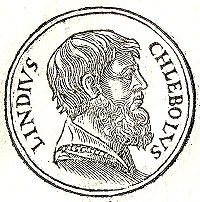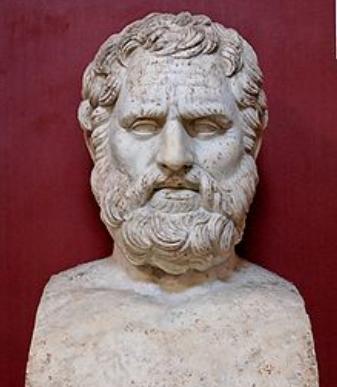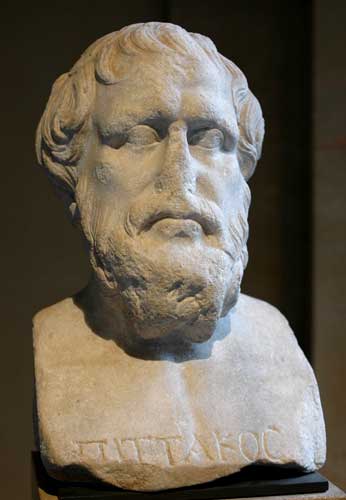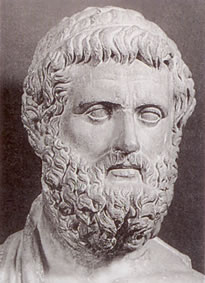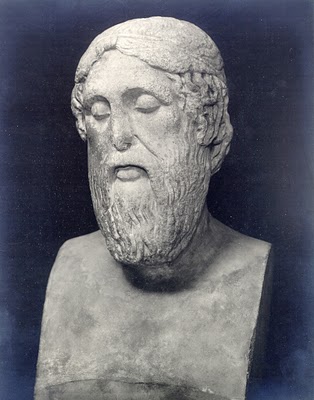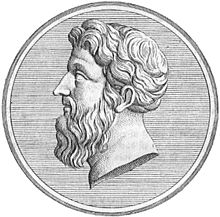Notes
Stobaeus
(Anth. 3.1.173) included the Commandments of the Seven Wise Men, listing the little-known Sosiades as the source. For centuries these 147 gnomic sentences were little appreciated, due, likely in part, to doubts about their authenticity and antiquity.
That view changed in 1968, when Louis Robert described a set of inscriptions found in the
Greco-Bactrian
city of Ai-Khanum, Afghanistan. These (1) appeared closely related or identical to Sosiades' sentences, and (2) were 'signed' by one Clearchos,
who claimed he faithfully copied them from where they stood dedicated in "the most holy Pythian shrine" (Delphi). Robert argued that this Clearchos was the far-traveling philosopher,
Clearchos of Soli,
student and friend of Aristotle,
and he dated the inscriptions to 3rd Century BC.
Later, Oikonomides (1987) compared these inscriptions with others found at Miletopolis on the
Hellespont
and a papyrus fragment and concluded that Sosiades' sentences, or something like them, were in wide circulation at least in Hellenistic times, and could easily have derived from the 5th century BC or earlier.
The possibility that these sayings were actually inscribed at Delphi (along with the three famous commands, and the enigmatic 'E') gives cause to examine them more closely. An official English translation of Sosiades' sentences does not exist. Oikonomides supplied tentative translations in his paper, but with the proviso that people should study and revise them.
References
Oikonomides, A.N.
Records of "The Commandments of the Seven Wise Men" in the 3rd century B.C.
The Classical Bulletin, Vol. 63(3), Summer 1987, pp 67-76.
Robert, Louis.
De Delphes a l'Oxus: Inscriptions grecques nouvelles de la Bactriane.
CRAI 1968, 442-454.
Sosiades. Commandments of the Seven Wise Men (Stobaeus, Anthologium 3.1.173).
In: Curt Wachsmuth and Otto Hense (eds.),
Stobei Anthologium, Vol. 3.
Berlin, 1894. pp. 125ff.
